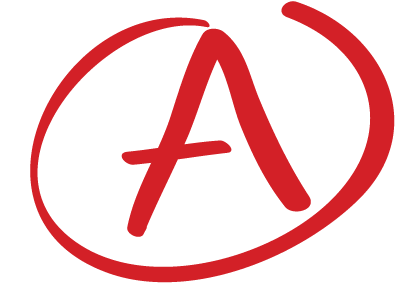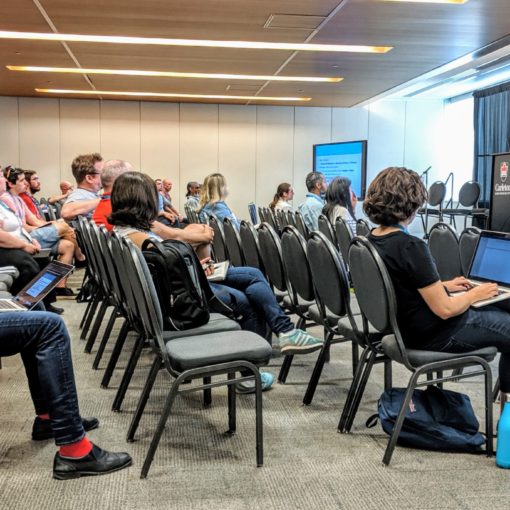I have no idea how I managed but I got through the first term of first year of everything. Not the best way to start off a blog post. But I have had many first weeks’ and starts to school terms and years since then and have noticed a few things over the years.
The first thing I have noticed that there are different “types” of students entering into that first term of first year. Not all survive, but there are many of them. There are those students that a fresh out of high school. And of those fresh out of high school there are subcategories. There are the ones that a local and going to the “local” university or college. There are those that are “domestic” students and staying within the same country but coming from out of town to go to school. And then there are those students that are coming from out of the country to go to school, the international students. I’m sure there are some subcategories I have missed but let’s start with that. There are also those students that take a “gap year” before returning to school. I don’t know what all of them do. Some of things I’ve heard are they work, they travel, they try to “figure out” what they want to do, in the end they take a break from the routine of the educational system before returning. There are also those that have had enough and go right in to the work force for an unspecified period of time before one day realizing that their career requires them to get a “ticket” of sorts which usually means a degree of some kind which brings them back to school. These people usually have “life experience”, which includes working, paying bills, sometimes starting a family, mortgages, etc. There are also those that went to school under one of the above scenarios; went on to work and start a career and then realize they need more training to further further their career and decide to go back to school, again! In many cases these people never envisioned going to back to school and it’s usually a shock to their system like the beginning of first year only now they’re old! They don’t even youth on their side. Bummer! There are many other student “categories” but I think this covers the basics of first year students. Now how do we survive this first year!
I still have no idea how I did it but everyone manages to. Some more gracefully than others but all do. When we consider the categories above I have noticed that where people are living really makes a difference as to how their first term and first year turns out. For example, if you’re living in residence, your experience will be very different than someone living off campus. If you’re living off campus, if you’re from out of town, your living conditions can be quite varied and greatly impact that first term. If you’re living at home, that can also affect your first time. So many factors.
I remember a professor either in first or second year telling us something. There are a few points in time during that first term of first year that you have to keep in mind. Those points in times are either university imposed or non-university imposed. The university imposed one are the last day to register for courses, the drop date for fall term courses, the last day of classes for fall term courses, and the start and end date for the exam period. There may also be a study break in there so the dates for the study break are also important. Many midterms are scheduled during class time and by the instructor so that’s date you also want to make note of for each class but those, while imposed through the university, are more specific to your particular class and professor. The non-university imposed dates are ones that are holidays and in some cases the university is or is not closed. It is important to figure that out. Thanksgiving is a holiday when the university and classes are closed. However, Remembrance Day, while not a formal holiday for all, it is for Federal government it’s not for the university and pretty much anyone else. Christmas, Boxing day, New Year’s Day are all holidays for the university. Pretty much that entire period between the end of exams and the start of winter term classes is off for university students. So enjoy that! Once you have got all your university and non-university imposed dates, you can start planning your life. The goal is to have a life and squeeze in some learning and just enough so you pass.
The day up until the last day to register for classes can be seen as a shopping around period. After than point, you’ll definitely need to do some work in class. This is a good time to sit in classes and get a feel for the environment, the professor, teaching style, TA’s, other students in the class, the departmental culture if it’s not a course in your faculty etc. The drop date for classes will definitely be after you have done some work and received some marks. This is a good time to evaluate how you’ve been doing and really be honest with yourself and how you’re going to do. Depending on when the study break and what your professor is like, you may have a few term tests or just one mid term which may be before or after the study break. If you’ve had some testing before the study break, this is actually good. Because it gives you a bit of a breather before the second have the first term. So think of the study break of as the midway point of that first term of first year. Thanksgiving maybe before or after the study break or may coincide with the study break depending on your school. Take Thanksgiving as a chance to relax either with family or friends or if you’re on your own, on your own. Even if it’s one day or half a day, take some time to get some rest and recharge. The second half of the first term of first year will go quick and will be busy. There will definitely be an assignment, test, midterm, essay, presentation or some sort of evaluation in the first half before the study break, and then something after the study break before the drop date. I remember there being a date at the university when no more tests could be scheduled. This is a good date to look into. This means from that date onwards you have another brief breather before starting to prepare for exams. They may throw a lot of material at you but at least you know where you’ll see that material next, on the final exam.
Now that you have all these dates, what do you do? My first suggestion and this was suggested to me, is for each course figure out when the office hours for both your TA’s and your professor. If you have any conflicts with any of the office hours, let them know and request that they be rescheduled. You want to have access to your professors and TA’s. After all, they will be marking and evaluating you. You next want to go through your course outline for each course and mark down all the important due dates. For example, when assignments are due, test dates, midterms dates. You also want to look at the evaluation method for the course and mark break down for each course. For example, assignments are worth 30%, midterm is worth 20% and final 50%. This is good to know. It gives you and idea of where to concentrate your efforts or if it’s even possible to make up if you have a bad midterm or assignment. Take a look at the course outline for each course and see what is covered in course, not just content but quantity of material covered. Sounds silly but each day only has 24 hours and each week only has 7 days but some professors for some courses feel some material is easier than others and will go through more yet you still only have the same number of hours as any other week to read, absorb and go over the material as you do any other week. So it’s good to have an idea of what you may be getting yourself into in terms of readings etc. For courses that are heavy reading type courses like some of the arts and social sciences, you can plan out your readings and time a bit more this way. Things will definitely come up and you may always feel behind, but it won’t be for a lack of planning!
Get yourself a planner, universities used to hand those out. Put all this information in including your class schedule. If you have any particular extra curricular activities or part time job, schedule those things in to your planner as well. Schedule in at least an hour of “me time” each week. That may not seem like much now but trust me, you’ll have a hard time finding that hour by the time your first assignment or lab comes due. So, schedule it in now and get used to using it for yourself and don’t share!
Now that you have all this information, you’re good to go! Well, almost. You’ll have to figure out a way to maximize your time and use it as efficiently as possible between these various time points, but we’ll have some suggestions that may help. Until then though, get a planner, or google calendar or something where you can put in all these important dates for your first term, actually for any term, and keep on top of them the best you can. Having these dates to help you set milestones will be a step towards managing your time and priorities and getting through the fist term of first year.
Mark on your calendar:
- Last day to register for classes
- Drop date for classes
- Start date of study break
- End date of study break.
- Last day of classes
- Start of the exam period
- End of the exam period
- Statutory holidays. (the ones the university is closed on)
- TA and professor office hours for each course
- Due dates for assignments, essays, midterms, tests etc.
Use your arithmetic skills:
- Figure out the mark distribution for each course.
- Figure out how much each assignment, test, midterm, lab, final exam, etc is worth for each course.
- Figure out the final mark evaluation method for each course.
Use your reading skills:
- Make note of how much material and reading will be required for each course in each week. This can usually be found in the course outline.
Get external help:
- If you feel yourself slipping behind, or not understanding the material during lectures, get help.
- Private tutoring can feel like a waste of money and time but it can actually be the opposite. It could be the difference between a scholarship or none; passing and failing a course all of which equate to money.
- Go to office hours. Whether it’s the professor or teaching assistant, use them. You make think you don’t have time, but do you really have time to repeat a course? Or to write a makeup exam?
- Get copies of old exams. Take the time to search and locate copies of old exams for the course you’re taking. It be such an advantageous study resource when studying for final exams.
That first year of first term is the toughest it. Do what you have to do to get through it and while it won’t necessarily be easier, you will have gained the skills to keep moving forward.



